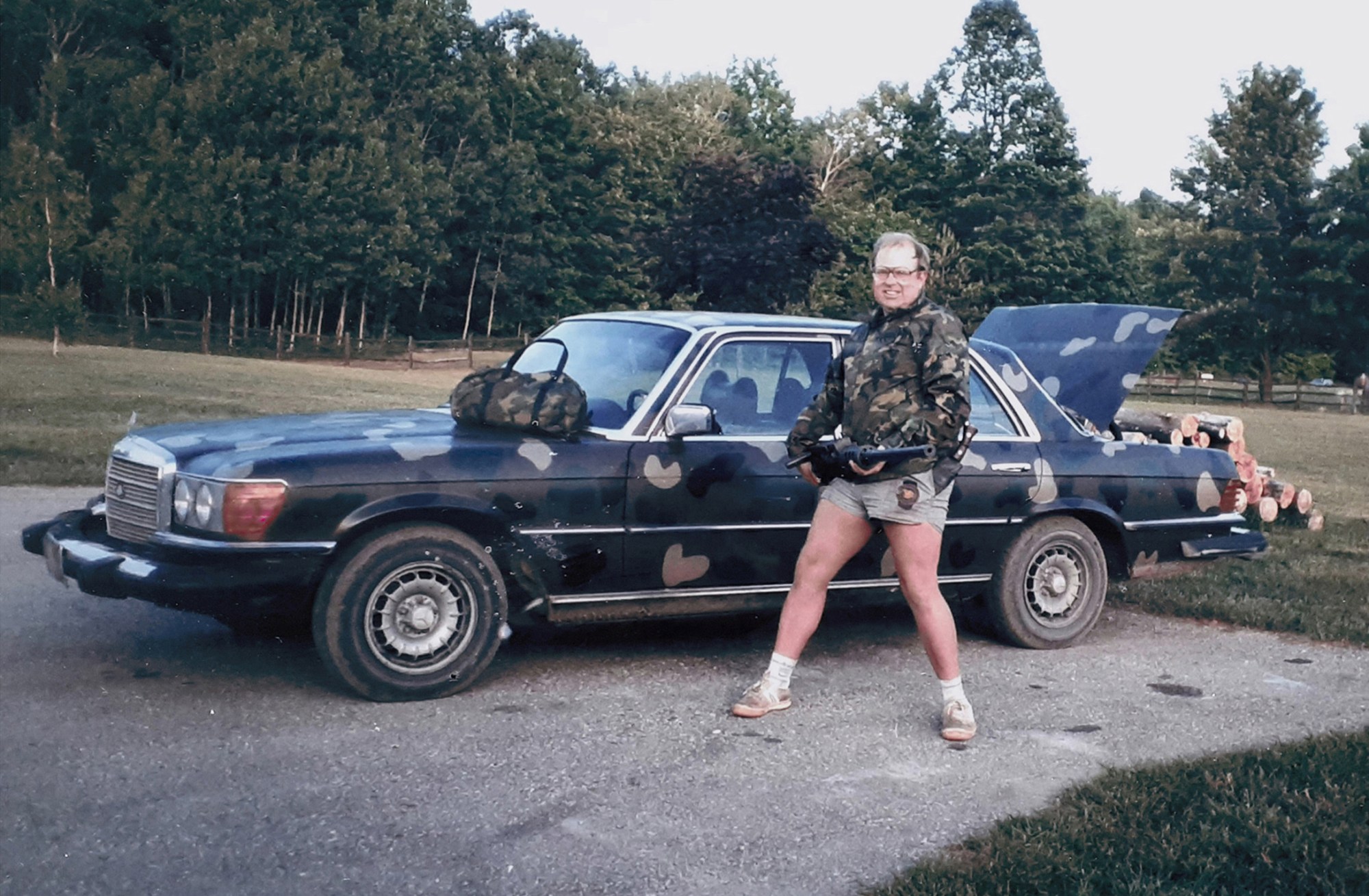
- Festivals
Sundance 2022: Unusual Documentaries Prove Truth Stranger than Fiction
Cinema can, especially with the use of cutting-edge special effects, indulge the wildest elements of human imagination, not merely taking audiences to exotic places, but creating odd characters and entire new worlds. And yet, as the saying goes, truth is always stranger than fiction.
Among the many standout nonfiction offerings at this year’s Sundance Film Festival are two which reinforce this age-old adage, both standing out for their focus on colorful, larger-than-life protagonists with seemingly incongruous personal lives — and telling stories that touch upon and blend entrepreneurship, marketing savvy, very self-aware myth-making, and legal fallout and ruination.
Ramin Bahrani is an accomplished Iranian American filmmaker with seven features to his credit, including Chop Shop, the Golden Globe-nominated 99 Homes, and, most recently, The White Tiger, which picked up BAFTA and Academy Award nominations for Best Adapted Screenplay. But despite his independent film bona fides, this year marks his first appearance at the Sundance Film Festival since his debut film, Man Push Cart, screened in Park City, Utah, in 2006.
2nd Chance is Bahrani’s first documentary effort, and it focuses on Richard Davis, the founder and owner of Second Chance, a body armor manufacturing company that was the first to use kevlar and synthetic fibers. A gregarious, one-time pizzeria owner whose possibly dubious origin story involves surviving a shootout as a delivery driver, the Michigan-born Davis became something of a pre-Internet viral superstar by way of scores of self-produced and distributed videos in which he shot himself at point-blank range, in order to show off his company’s product.
These VHS tapes, as well as in-person demonstrations, made him a celebrity among law enforcement, leading to dozens of lucrative supply contracts with police departments across the United States. Eventually, the videos would become more elaborate, peddling stories with entire arcs, as well as a very specific sociopolitical view.
Davis’s slightly endearing bravado had a darker side, though, first visited upon the small town where he would come to employ nearly 80 percent of its residents. An unchecked penchant for bending the truth and indulging in cover-up would finally give way to reckless lies about Zylon fibers, endangering more than 100,000 lives, and costing Davis control of his company.
Instant Life, which enjoyed its world premiere in the Indie Episodic section of the festival, is a three-hour look at Harold von Braunhut, a creative-minded inventor who embraced a certain “mad scientist” spirit of the 1950s, developing and peddling a number of mail-order novelty products, the most famous of which was ‘Amazing Sea-Monkeys.’ Applying practical chemistry to powdered packets of miniature brine shrimp eggs, von Braunhut would take a pop cultural phenomenon and build it into a multimillion-dollar product line that impacted not merely one generation but spanned decades.
Von Braunhut passed away in 2003, so much of Instant Life, co-directed by Mark Becker and Aaron Schock, tells his story through his family. This includes an estranged daughter from his first marriage, but most centrally Yolanda Signorelli, his wife of many years and a one-time B-movie actress. Together the duo would hand-produce the proprietary “formula” which backed up the free-replacement guarantee which came with all Amazing Sea-Monkeys purchases. Following his death, Signorelli would enter into a split-rights agreement with Big Time Toys, who would eventually move product production offshore and damage the brand, setting the table for a years-long legal battle over its future control.
That rocky and winding road isn’t the only narrative card up the film’s sleeve, however, as its late subject is revealed to have had longstanding affiliations with white supremacist organizations. Were von Braunhut’s Neo-Nazi ties an indicator of self-hatred, and religious and cultural denial? (Born Jewish, he added the “von” to his name as an affectation, to give it a more Germanic sound.) A warped measure of self-isolation and psychological protection from a very damaged childhood? A face-value representation of his actual virulent racism? All of the above? Instant Life, like life itself, provides no easy and pat answers, but it remains fascinating for all the complexities and self-contradictions it showcases.

